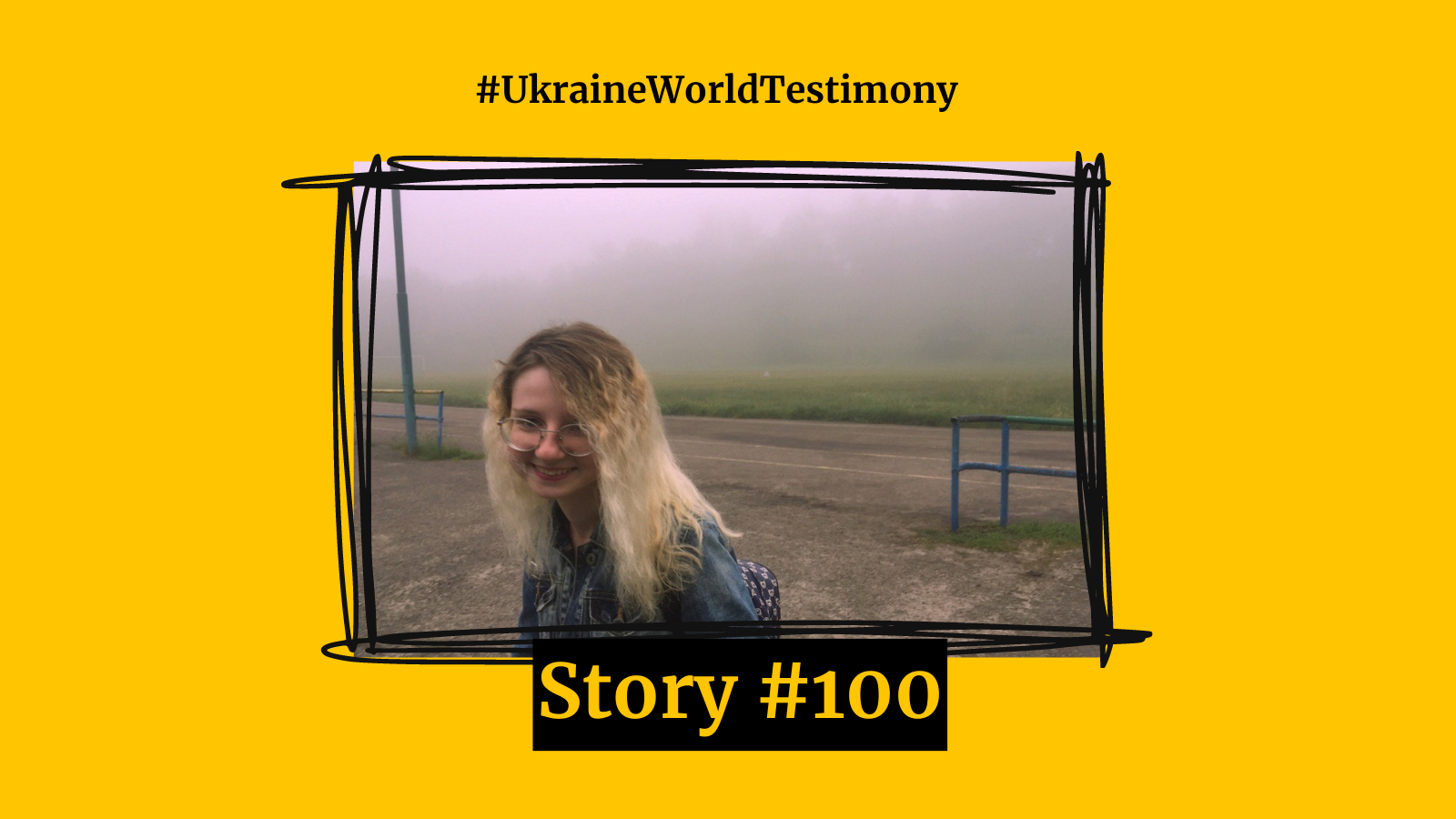
Bad omens filled the air on the eve of the full-scale Russian invasion. Katya remembers how differently things felt compared to 2014, when Russia first began its aggression against contemporary Ukraine.
Although the suburbs of Mariupol had been under fire for several days before February 24, many locals had thought it wouldn't reach the city. However, Katya wasn't among them. On February 24, crowds of those people, as well as Katya herself, tried to flee the city under heavy assault.
After witnessing artillery strike a nearby house, she called her older sister, who lived in Zaporizhzhya Oblast, for help.
"At that time, most taxi services were not working, and the way out of the city was restricted. People were already withdrawing cash and buying large quantities of food and water from grocery stores," Katya recalls.
But while she managed to get to the sister's house, soon their village Kamyanka was also occupied by Russia.
"The nearest railway station was destroyed when they got to our village. Everything happened so fast that it was difficult to even plan our next steps," remembers Katya.
As there was nowhere to run, and the sisters had a sick father living in a nearby village, they decided to stay until the situation became clearer. Russian occupation was as new to most Ukrainians as it would be to any other nation.
However, the situation only got worse. Beginning in March, they lost all mobile connection, and their home internet was cut off, too.
"The only way to know what was going on was by a radio or a satellite. And when I saw stories and pictures about what was happening 30 km away, in my hometown, I was very scared," adds Katya.
There was no way to find out whether her father was alive without visiting him, passing Russian checkpoints on the way.
Their village was turned into a command post, with long queues of Russian military equipment passing down their street.
"Russian troops then began checking houses, looking through belongings and documents. I removed everything from my electronic devices, just in case, and hid my laptop, though it sounds ridiculous, in a beehive. With no bees inside, thankfully," Katya recalls, with a smile now that she is able to speak of it from safety.
At that time, local businesses already ceased to exist, and people survived by buying food from local farmers.
After spending two months under Russian occupation, Katya finally found people with a car who were willing to take her with them to Zaporizhzhya (controlled by Ukraine) for free. Her sister couldn't leave at that point, however.
There also were special Ukrainian evacuation buses, too, but due to the lack of internet connection, Katya couldn't find out where and when to get to them.
The journey to Zaporizhzhya was stretched in time because of numerous stops and checks by Russian troops.
"At every Russian checkpoint, we faced inspections of our documents, bags, and phones. Men were scrutinized for tattoos. One time my documents were checked twice because "why am I clutching my bag so hard?". To avoid any issues, I left my laptop with my sister.
I didn't want to wait any longer for inspections of my personal files, especially with the sound of gunfire echoing nearby," Katya explained.
As the car moved, Katya saw a burnt tank, an exploded tractor, and a destroyed abandoned car. Some parts of the road were flanked by anti-tank mines on both sides. Finally, a Ukrainian checkpoint appeared on the horizon.
Although Katya was free and on Ukrainian-controlled land, her relief was overshadowed by sorrow. Once she regained internet access, she discovered the horrific extent of the war's devastation during its third month. The war had taken not only Katya's home, but thousands upon thousands of lives.
"I would like to say a word about Lilia Humyanova, who died in Mariupol while helping people find shelter during the bombing. She taught more than one generation of journalists in Mariupol and inspired many to choose a career in journalism."
Katya and her family are now safe, awaiting the liberation of their dear home city, and reckoning with the fact that it is no longer the city they knew.
